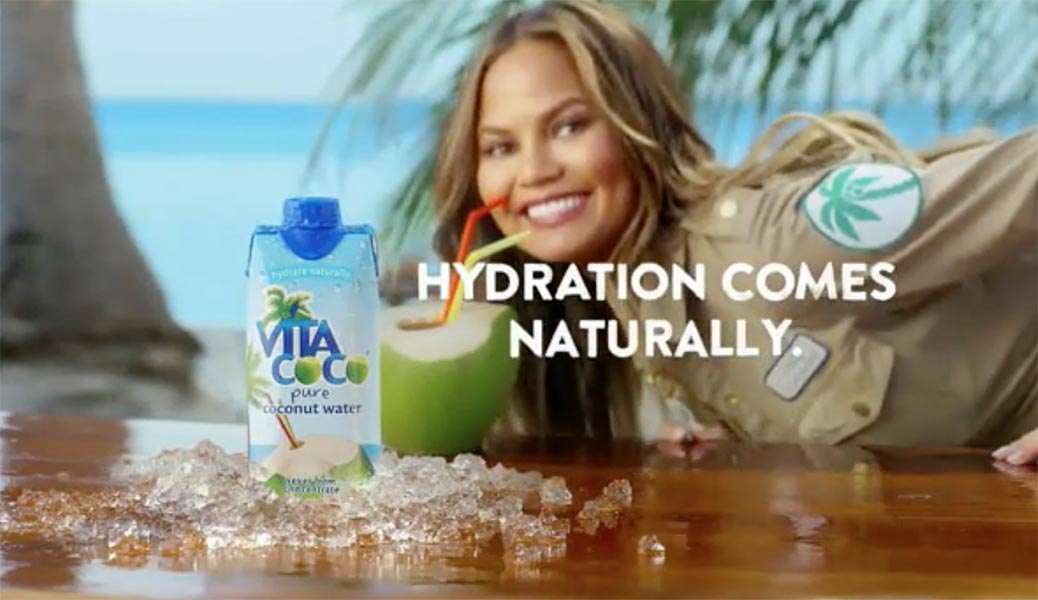What to know about electrolyte waters

“Propel Electrolyte Water is made with more electrolytes than any other national water to support next level hydration,” says Propel.
“Whether it’s post-workout or post night out, Vita Coco has electrolytes like potassium to help replenish you,” says VitaCoco.com.
Do you need electrolytes in your water?
“If you want to hold on to fluid, you need to consume electrolytes,” explains Sam Cheuvront, a physiologist at the U.S. Army Research Institute or Environmental Medicine, who notes that his views are not official U.S. Army of Defense Department policy. That’s because sodium, potassium, and other electrolytes help keep fluid in your cells and blood. “If you just consume water, you’ll retain some of it, but you’ll also excrete a lot of it."
But for most people, electrolytes are a non-issue. “There’s no need to consume extra electrolytes until you’ve been doing intense exercise for more than an hour,” says Cheuvront.
What if you exercise long enough to be drenched in sweat?
“It just so happens that we often consume fluids when we consume food, which has electrolytes,” adds Cheuvront. Problem solved!
At least Propel replaces what you lose in sweat. Many electrolyte waters add just a touch of electrolytes for taste.
What about potassium-rich coconut water?
Vita Coco is a good source of potassium—470 milligrams per cup. That’s a plus, since most people don’t get close to the recommended 4,700 mg a day.
But potassium alone isn’t ideal if you’re in a rush to rehydrate after several hours of exercise. “You lose far less potassium than sodium in sweat,” says Cheuvront. And coconut water is low in sodium. (That’s a plus for blood pressure, but not for rehydrating.)

In two studies (one funded by Gatorade) on a total of 22 healthy young people, the volunteers drank plain water, coconut water, or a sports drink after exercising in 90º heat until they were dehydrated.
In one of the studies, the volunteers retained slightly more fluid (65 percent) from the coconut water over two hours than from the plain water (59 percent). In the other study, there was no difference. In both studies, the participants retained 68 percent of the fluid from the sports drink (which contained both sodium and potassium).
For most people, those differences are irrelevant.
The bottom line
After most exercise bouts, you can replenish your electrolytes with food and plain water.

